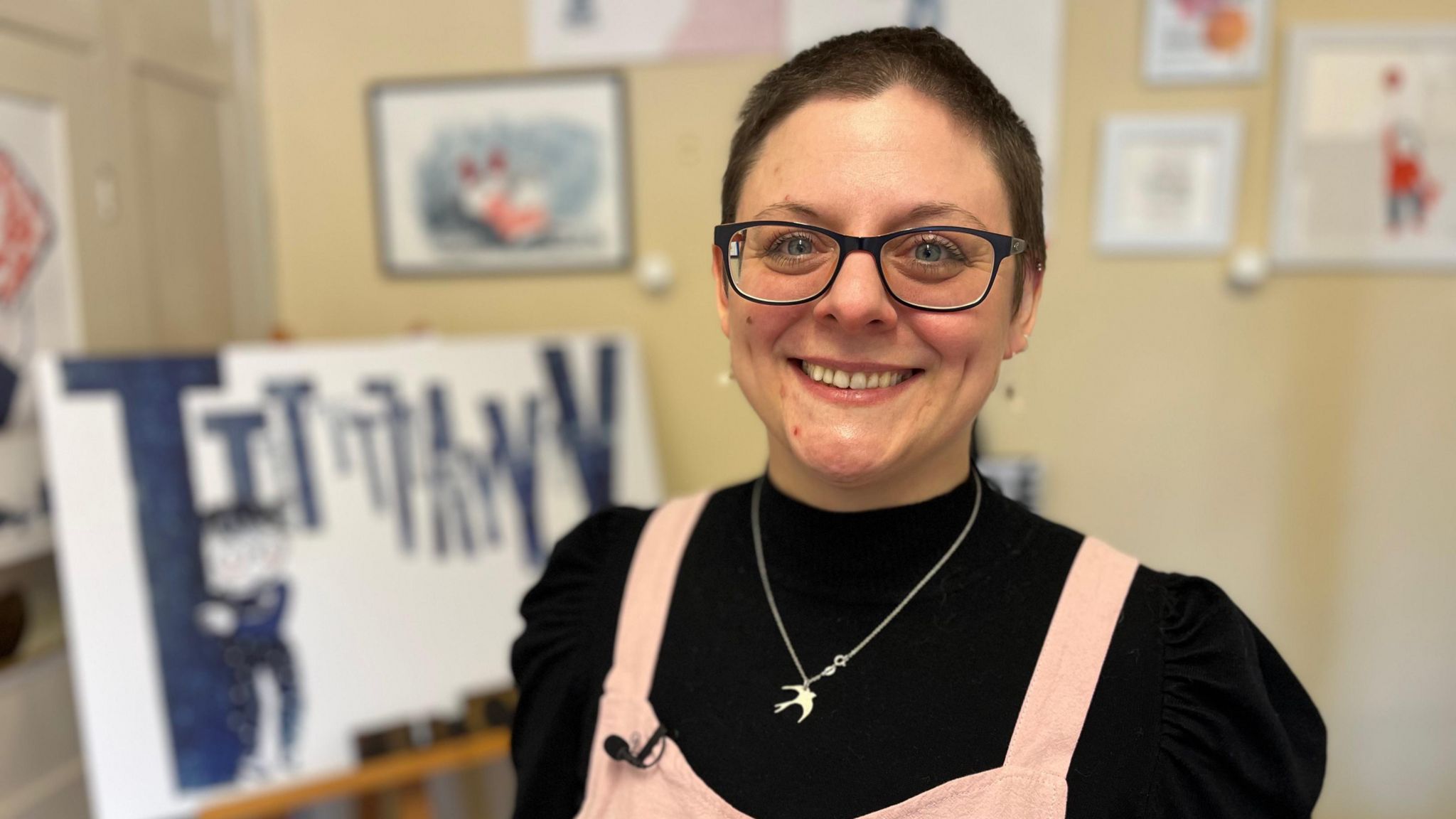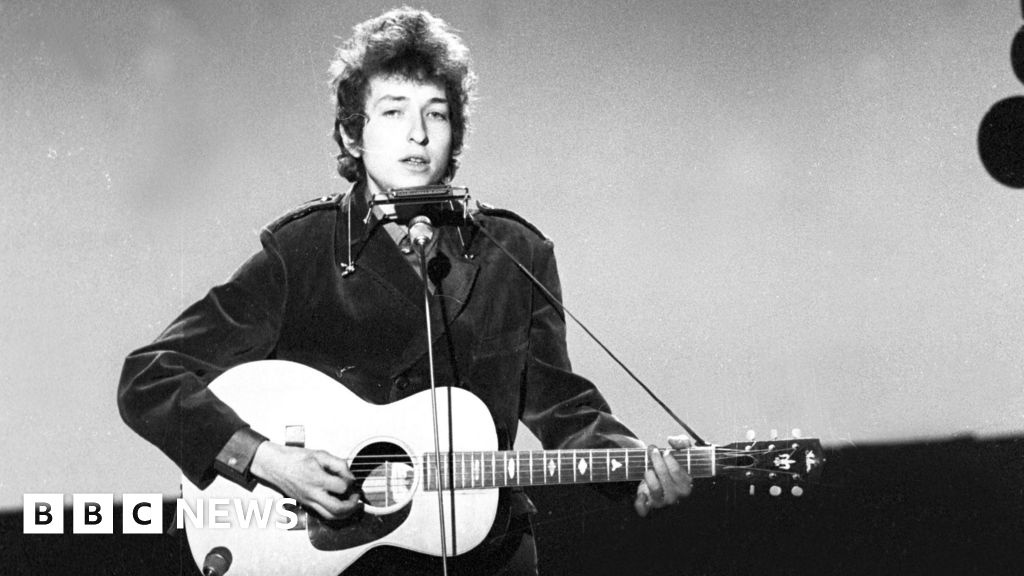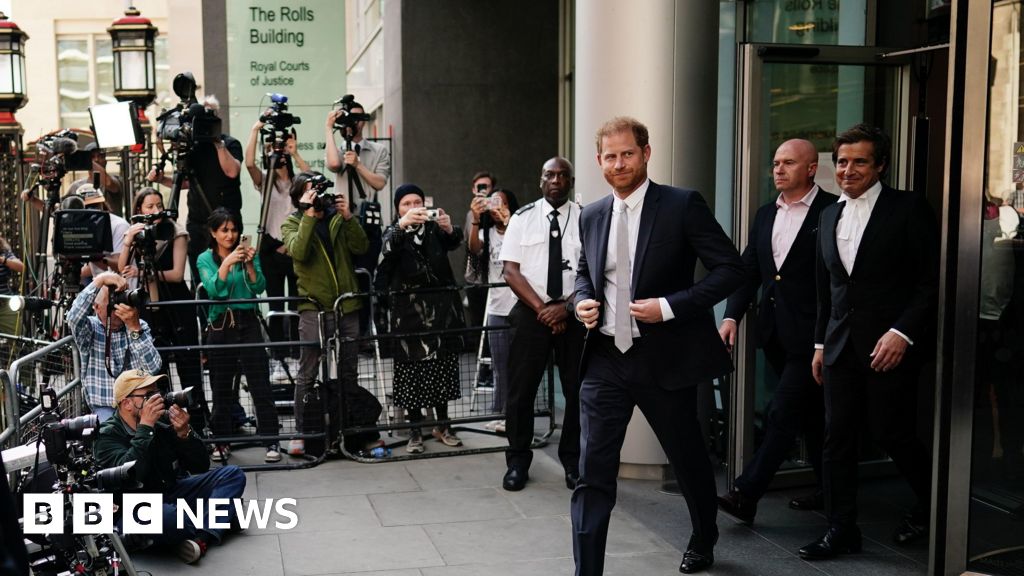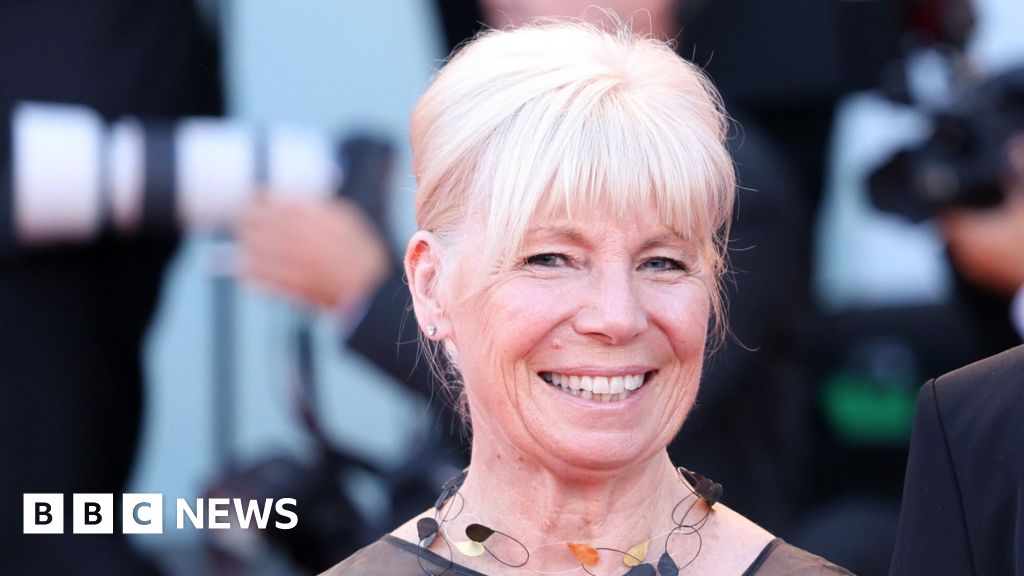ARTICLE AD BOX
 Image source, Shaun Whitmore/BBC
Image source, Shaun Whitmore/BBC
Kate Rolfe's first children's book illustration is due to be released in September
A children's book illustrator who struggles with reading believed her work "wasn't very good" before going on to win an international award.
Kate Rolfe, from Framlingham, Suffolk, only graduated from her MA in children's book illustration in 2022.
She either won, or was highly commended, for nine awards in the same year.
Ms Rolfe, who has dyslexia, was crowned "best new talent" in children's publishing in November as part of the World Illustration Awards 2022, external.
Image source, Shaun Whitmore/BBC
Image caption,Ms Rolfe said the "anxious pink" in her illustrations symbolised shame and embarrassment
Image source, Shaun Whitmore/BBC
Image caption,Ms Rolfe featured in nine awards finals last year, and won three of them
"I'm really surprised and thrilled to have won that," she said, speaking to BBC Look East from her studio in Diss.
Ms Rolfe worked in theatre, graphic design and marketing before receiving her MA from the Cambridge School of Art last year.
The 38-year-old was up against competition from New York and Moscow, in what is regarded as the Oscars of illustrating, for the awards in November.
Image source, Shaun Whitmore/BBC
Image caption,The Framlingham artist uses a combination of letter press and cyanotype techniques for her work
During the course of last year, she picked up an agent, a publisher and has had three children's books commissioned.
Ms Rolfe entered one picture book illustration for the international awards, entitled Navigating Dyslexia, which drew from her own experiences.
She used a combination of letter press and cyanotype techniques to depict a child "lost in a forest of letters".
Image source, Shaun Whitmore/BBC
Image caption,The 38-year-old was up against competition from artists in New York and Moscow
"When I graduated, I felt my work wasn’t very good," said Ms Rolfe, who still works one day per week at a children's book shop in her home town.
"So that external validation, from people who know what they're talking about, and who have never met me, who have nothing to base it on other than simply my work on a piece of paper, has brought me so much confidence."
Ms Rolfe said she hoped her work would prompt children with dyslexia, or any other neurodivergence, to speak to others about their condition.

 2 years ago
32
2 years ago
32








 English (US) ·
English (US) ·